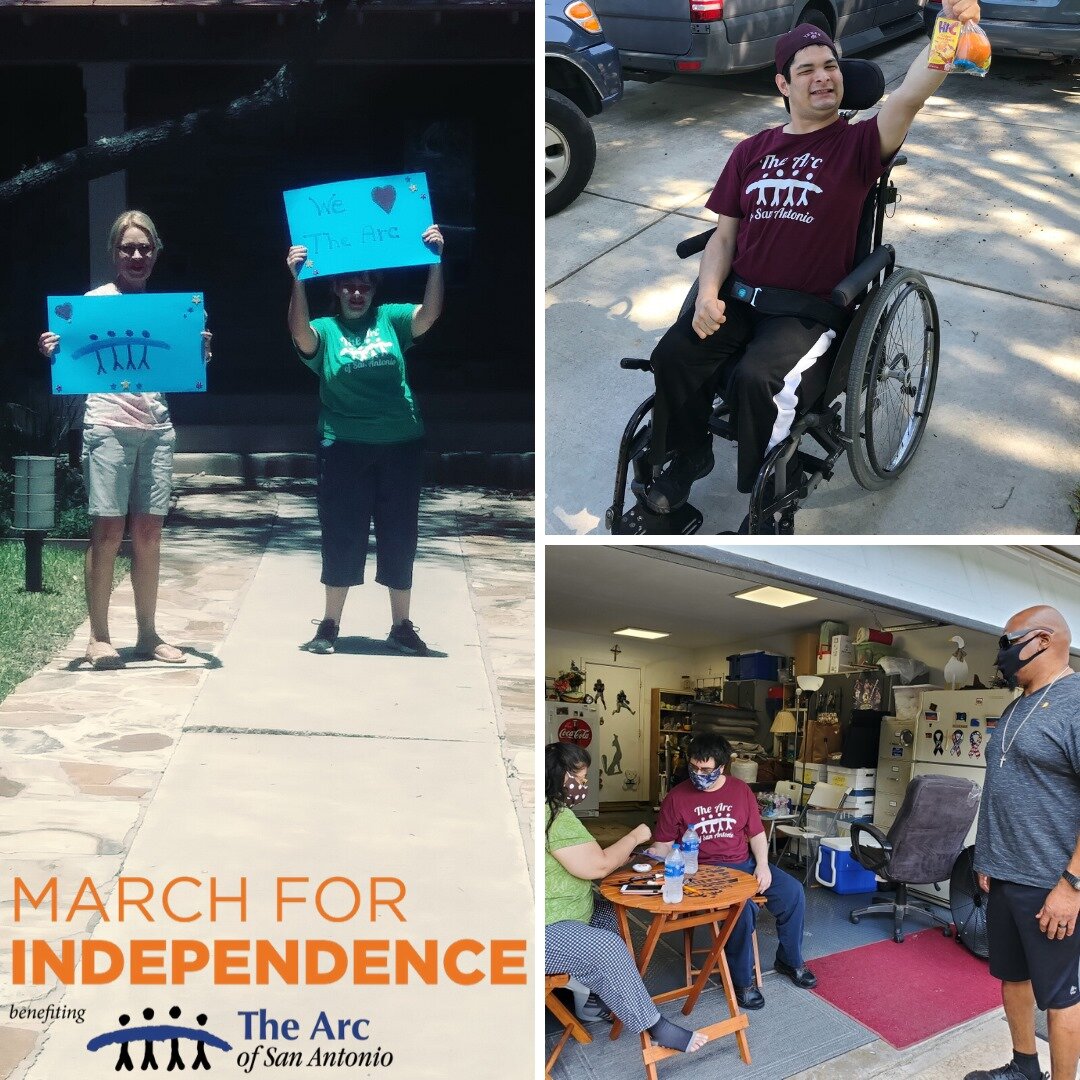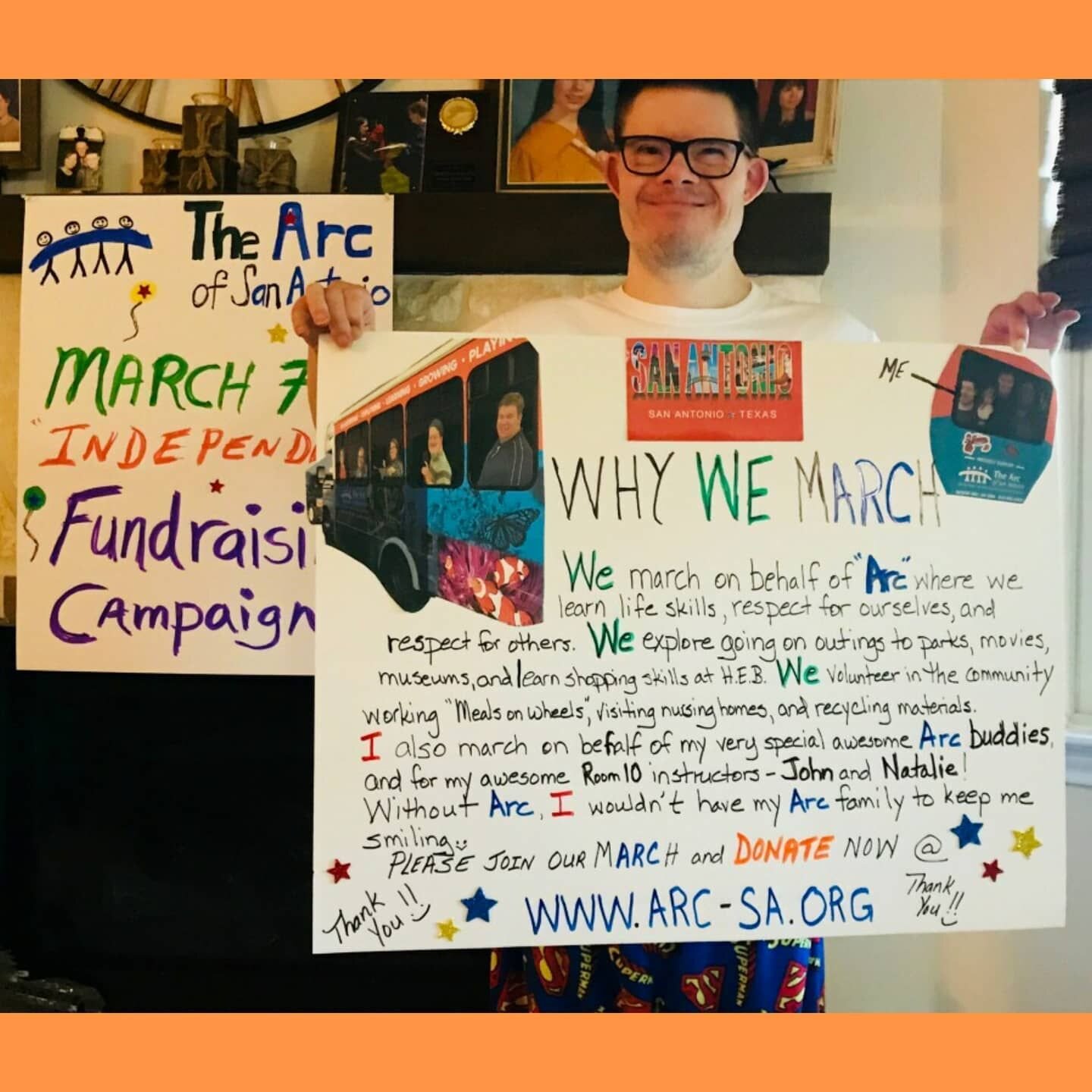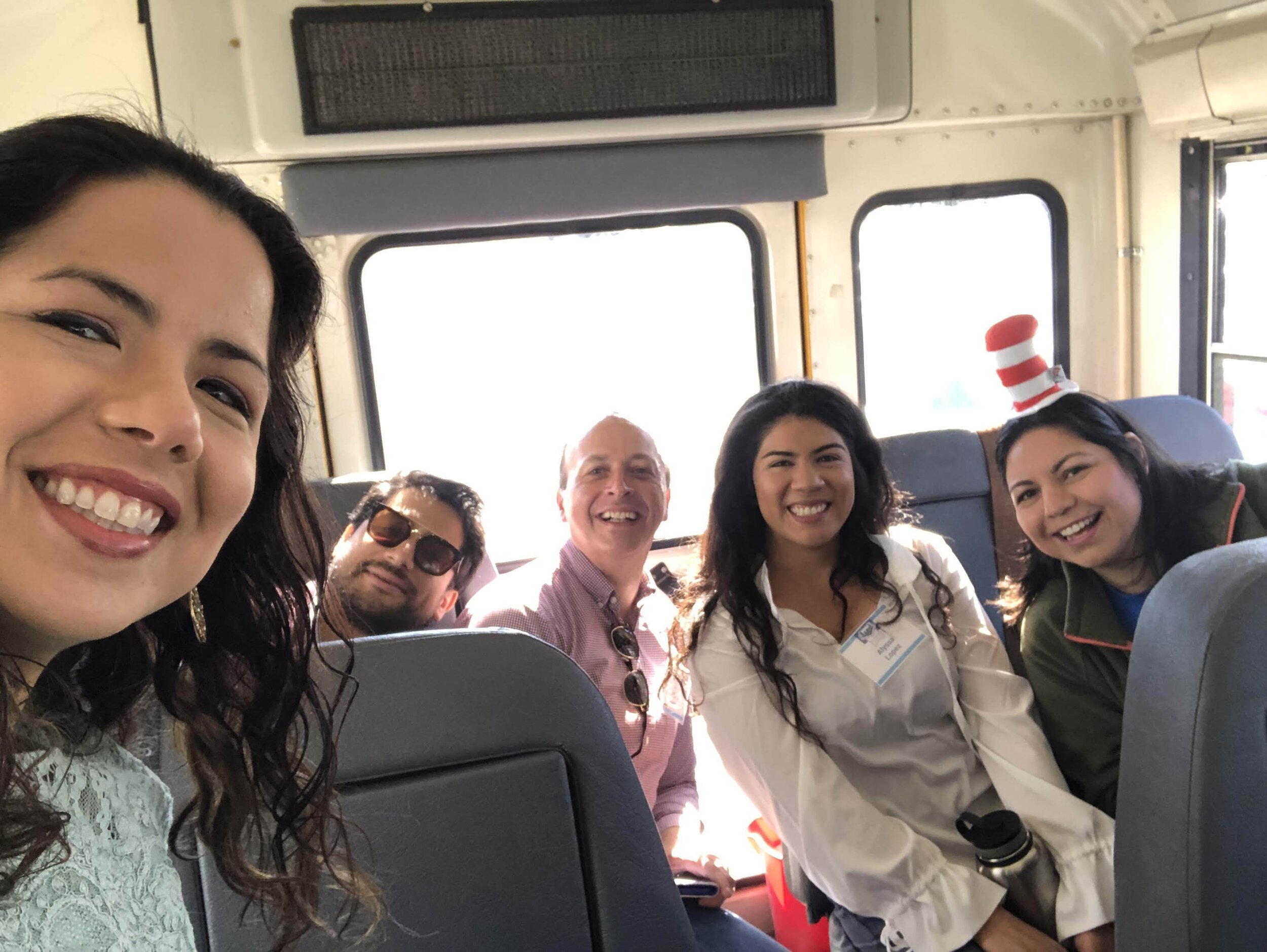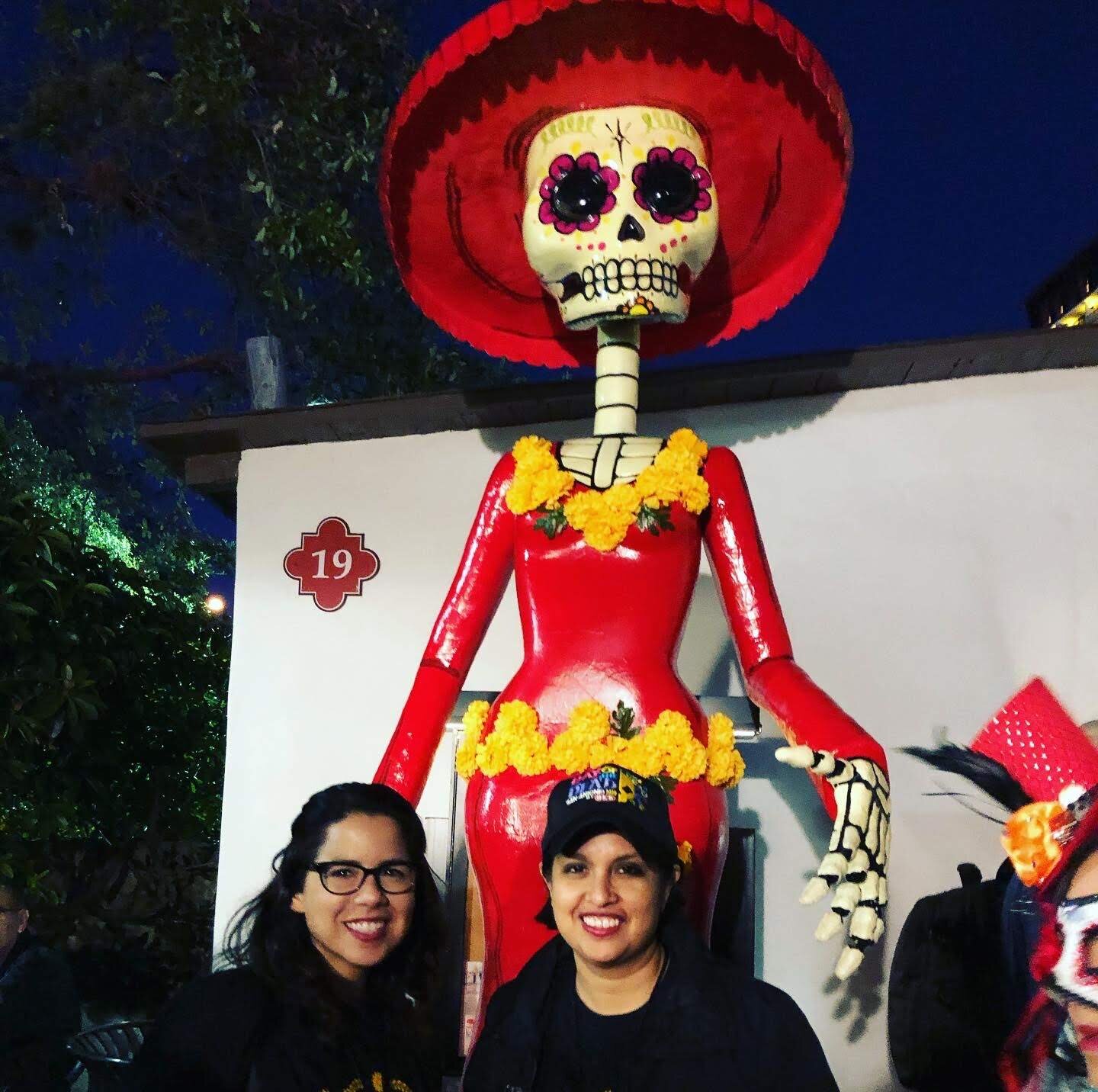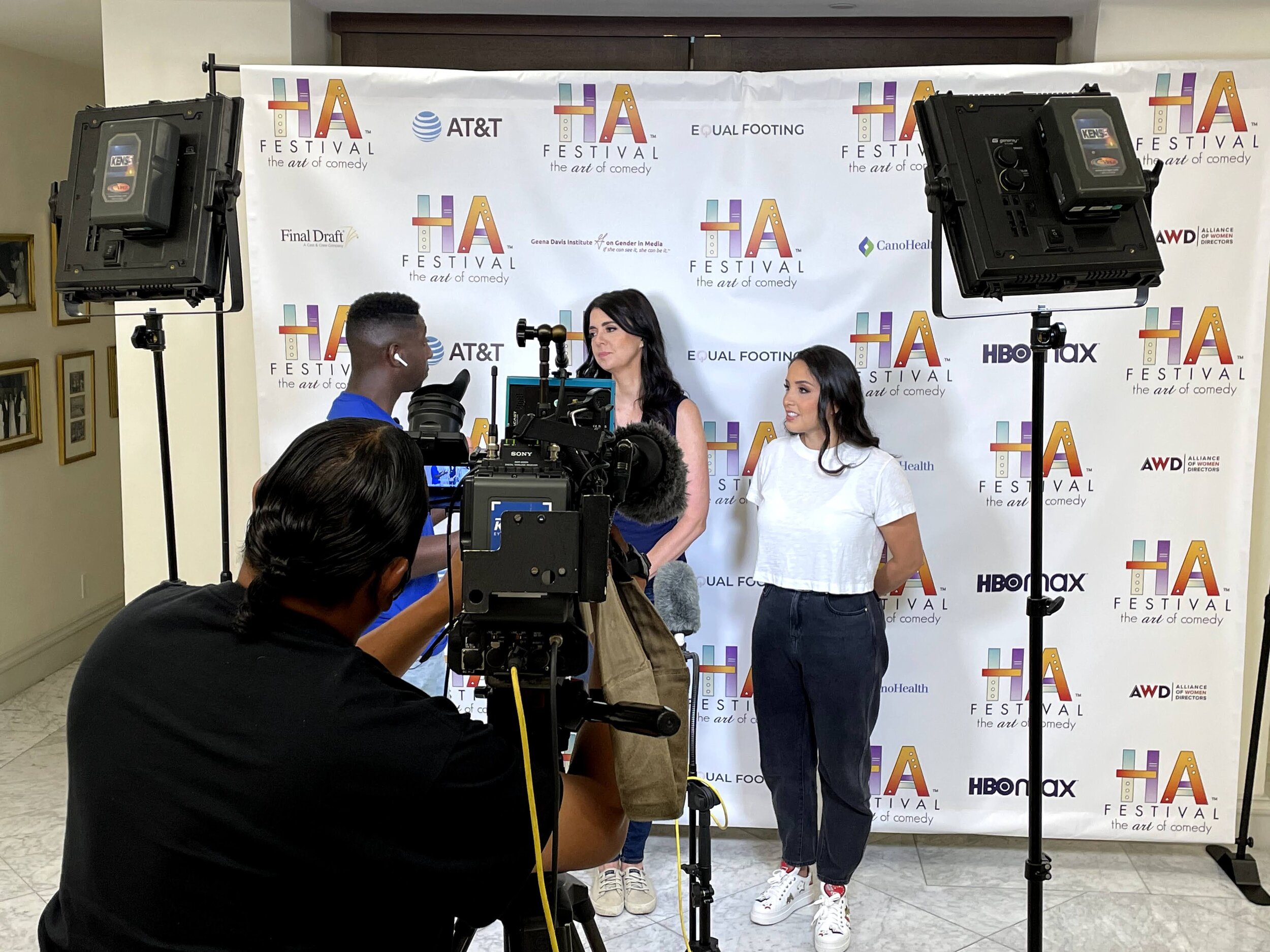Communication Specialties: Generalist vs. Specialist
In the communication field, there are two categories of professionals: generalists and specialists. Most public relations, marketing, or other comm professionals begin as generalists and have plenty of stories to share how they were thrown into tasks or roles they weren’t familiar with to sink or swim.
Typically, as generalists, we have to learn to coordinate or manage many aspects of communication like social media teams, public relations programs, or marketing budgets. Or like me, you found yourself in a role where you were the sole communicator and had to learn to do it all. As time passes and we gain more experience, professionals often discover their niche or specialty. A sweet spot where we have proven results and depth of knowledge -- such as in event planning or media relations. Or maybe it’s to focus on PR for the tech industry or banking. Hopefully, that specialty is also an area we’re passionate about. That’s when our work really shines!
How a Speciality is Discovered
Each professional should decide if/when they want to identify themselves with a niche or specialty. To use my professional history as an example, in most of my traditional employment roles, I did a little bit of everything. I was the only communicator for many of my organizations, which meant I handled internal and external communication or programs like public relations, community relations, benefits communication, media relations, and advertising. I even created or communicated corporate volunteer or Diversity, Equity, and Inclusion (DEI) programs. Later, I discovered that broad work scope didn’t mean I was a “jack of all trades”. It is called “integrated marketing communications” and is a specialty in public relations! What seemed nonlinear became my differentiator — a unique skill set I have from my expansive roles over time.
By the time I started MVW Communications, I felt that I could confidently say I was an integrated marketing specialist and embraced this vantage point as my 360-degree approach to communication. Even though public relations is my main framework in communication, there are many ways that through PR we are marketing and communicating value with stakeholders. We do this when we share a positive message or story through social media channels or tell a story in collaboration with journalists, or create content for owned channels like websites or a podcast. And it’s a multiple channel, content-on-demand world that requires we be able to share one message in a multitude of ways.
When to Declare a Specialty
It's been challenging to check a category or specialty box for my own personal brand as a communicator. Sometimes that felt limiting. But if I had to boil it down (and I’m often asked to do so) I now know that my specialties are in public relations or integrated marketing communication for nonprofits, education organizations, in DEI and in the Hispanic/Latino culture areas.
Even if you don’t want to declare a discipline as a specialty, perhaps your business sector requires specialization. Depending on what sector you work in, you will find the terminology and regulations may be different and critical for you to know. For instance, what you should write in a press release for a public company is very different from what you may put in a press release for a private company or nonprofit organization. Also, many PR pros in governmental affairs have to register as lobbyists since they are seen as promoting issues or causes on behalf of the institution.
Pros and Cons of Specializing
What seems to be most beneficial in our fluid world is that we have generalist capabilities and an integrated mindset. That means that you could specialize in a certain topic or category, but you should have an understanding of the other communication areas that benefit your work. Know enough about social media and marketing elements, advertising strategies, or public relations principles so that you can advise your organization or client on how or when to incorporate those parts of the field. It’s a more integrated world every day we’re in it, so our communication profession seems to demand that of us more each day.
Flexibility > Specialty
Because I’m passionate about culture, education, and nonprofits, I’ve gone deeper in these categories throughout my career where I can apply any of the communication areas as strategic approaches to issues. However, I’ve been careful to keep myself from being labeled or known as “only” good at this or that. Focusing on a specialty or niche can be lucrative, but be careful not to pigeonhole yourself into a space so tight that you can’t easily transfer to another area or role if needed. If the pandemic has taught us anything, it's that we have to be flexible and understand jobs or even industries can change quickly.
How do you become more nimble if you practiced in one sector or discipline most of your career? Join nonprofit organizations or trade associations where you can volunteer or serve to expand your skillset. Or help a small business colleague and support their growth while you learn something new.
Communication doesn't happen in a silo on in only one specialty area. Learning how to smoothly work across departments or keeping partner experts at hand is the kind of agility that will make you especially valuable to any client or organization.
What do you think? Tell me what has served you best in your career in the comments below. Contact us if you want to talk shop about any of our specialties, or how we work with our experts.
And don’t forget, MVW Communications has PR ProGear to show off what you do best. Or what you really want to be known for! Check out our shop for stickers, mugs and t-shirts, and more. We’re giving our readers a 10% discount with promo code PRPROVIP.


